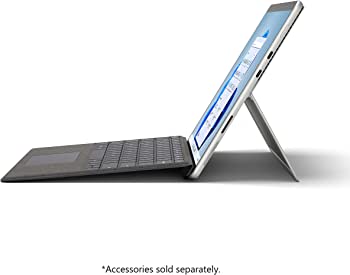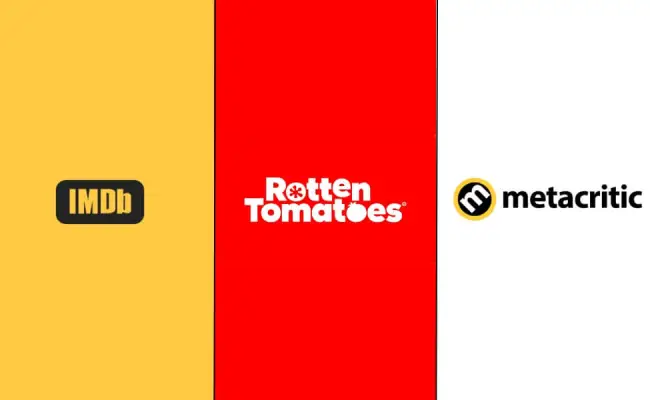Teaching Learners Digital Content Creation Skills

Content curation is nothing new and has always been a coveted skill. It has been this way for hundreds of years — think of art galleries, museums, or newspapers.
Educators, too, have always been curators— bringing together the most valuable materials to help their learners learn. However, in the past, this might have been limited to books, posters, concrete materials, guest speakers, etc. However, as of now, we are in a world of information overload.
So, to help you hone your digital content curation skills, we decided to list some tips.
Specify
When you begin a journey, it is essential to specify the desired destination. So, is the case when looking for information. Learners should at first find answers to these key questions:
- What kinds of questions am I trying to answer?
- What rubric should I use to define a successful curation?
To answer these, they should first draft specific research questions related to their investigation topics or generate hypotheses central to their area of investigation. Answering these will guide their further research.
Survey
In the next phase, the survey focuses on choosing the tools that should be used to explore the Internet.
Various tools can be used to seek the information and answers required at any given moment. If the searches are related to common, everyday topics, then “Googling it” would serve our purpose. However, if searches are related to research topics, those with greater levels of nuance, then learners should be equipped to take advantage of specialized search tools, for example – EBSCOhost, PsycINFO, PubMed/Medicine).
At the same time, they should answer the following key questions:
- What type of information is being sought?
- Which subscriptions to academic databases available?
Besides these, learner-scholars need to be fully aware of the search tools available in their academic disciplines. To facilitate this, educators could, for example, ask learners to submit initial listings of those resources collected from a variety of search databases (e.g., Google Scholar, WorldWideScience, ResearchGate). This beginning step would illustrate similarities and inconsistencies between the selection and rankings represented by search tools in response to common query terms.
Search
Another critical step is to search for sources. While everyone knows how to ‘Google’ for information, many are unaware of the right way to craft their search terms and queries. So, to get their hands-on on the appropriate sources need to use general terms (at times) or use very specific terms to eliminate poor sources.
The key questions to answer at the search phase include:
- What kinds of search terms will produce the best results?
- What are we expecting from this search process
At this stage, educators can help learners become better and efficient searchers by demonstrating how different search terms yield different resources. They should include terms that give results for websites with misleading content to show the need to be mindful when searching for information. While in online classes, educators can shoot a narrated screencast video of different searches to teach learners how to craft searches in their field.
Select
After the search, the next phase is to select, where the challenge is to select relevant and accurate content. Engagement in this process requires a systematic examination of the available information to find themes and new pathways for further searching to strengthen the outcome. The key questions that inform activity at this level are as follows:
- What kinds of strategies would be appropriate to assess and verify the quality of the collected information?
- Is there openness to the possibility that conclusions might be contrary to or change the initial hypotheses?
It may be advantageous to write a plan that includes topics to be discussed. This could be a Word document or a graphically oriented “Mind Map.” To create a graphical representation of their projects, learners can use a tool like Coggle.
Allowing learners to take such steps can encourage them to create a plan of attack and easily identify their chosen resources.
Synthesize
Any assignment or research should have a properly summarized and synthesized report that clarifies the work performed. Moreover, educators often ask learners to craft their research results into a report, but do not require learners to summarize individual sources. However, the ability to summarize an author’s position is critical to validate its integrity, as it often asks learners to identify gaps in the author’s reasoning. When a learner cannot piece together an author’s argument, it might be that the author’s work does not have any coherent argument. Therefore, resource assignments should include a requirement to summarize the arguments of the works used.
Share
After synthesizing the process results, the major task becomes to determine the most effective and appropriate distribution format for external audiences. Traditionally in higher education, the gold standard for sharing has, by far, been the research paper. Even though this is likely to continue, researchers can now consider alternate ways to share their work in digital contexts, e.g., through a website, blog, wiki, podcast, video, audio, social media, electronic journals, academic, and social networking sites.
Educators are vitally interested in having learners master the content in their academic disciplines and achieve the identified learning outcomes. Once all of it is done, consider the possibility of a value-add: Learners demonstrate what they have learned by creating an authentic digital product. The Internet offers a large collection of resources and tools in each area, along with tutorials and step-by-step directions.
Curator
Generally, learners forget about the research sources they used once the class is done. However, learners should be encouraged to become “intellectual hoarders” by preserving the sources stacked in a format that can be utilized at a later date. As digital curators and consumers, there will be an ongoing struggle to determine which content should be saved or discarded immediately after use. These decisions are subject to considerations about the access and the capacity of storage options.
Stewarding information is more than storing them as files on the computer device or the cloud. It could be a Microsoft Word document set up as an annotated bibliography of sources the learner has used. This allows the learner to survey those sources later to see what could benefit them in research.
Concluding thoughts
If you want your learners to master digital content curation skills, then consider guiding your learners through the process of digital content curation as a way of helping them learn and practice these disciplines. Knowing how to accomplish a task will serve them well throughout their personal and professional lives, at present and in the future.






